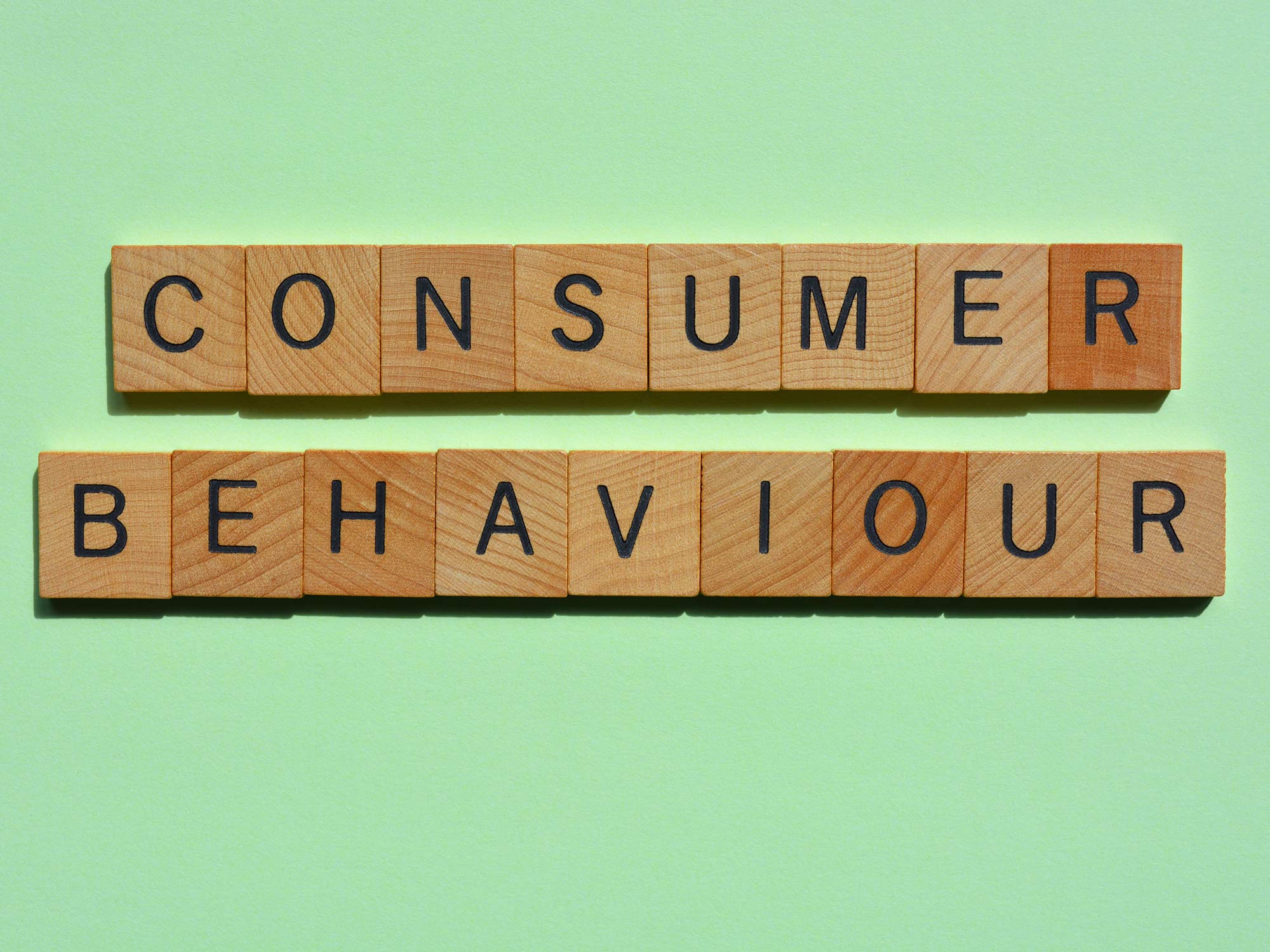When you buy something, what do you consider first? You may consider many things like price, quality, and brand. Unlike consumers in the past when they passively purchased products presented on the market, modern consumers use online platforms. They make influence by speaking out or actively participating even in production process. Today’s consumption patterns and industrial structure are changing in many ways.

These days, as so-called Generation Z—collectively referred to as the young generation—gradually enters into society and plays a major role in economy, the marketing experts are paying attention to them.
Generation Z (Gen Z) is the succeeding Millennials and preceding Generation Alpha. Gen Z includes those born between the mid 1990s and the early 2010s (Classification criteria differ, depending on countries or institutions.)
They are called the “digital natives” because they’ve grown up with access to the Internet and portable digital technology from a young age. They are sensitive to the trends that are changing rapidly. They also underwent a rapid change in industrial structure which blurs the boundary between real and virtual.
Additionally, Generation Z has a different view of shopping, compared with the previous generation, facing the seriousness of the recent pandemic and the climate crisis. Valuable Consumption is their typical example.
Social Commerce Growth

As the market had been digitized due to the Fourth Industrial Revolution, the online market is rapidly replacing offline stores after the pandemic. Among them, social commerce through mobile phones is becoming the most powerful market. Generation Z exchanges information in real time through social media, making it possible for producers and consumers to communicate actively. In particular, influencers on the social media affect the market with much less capital than other media. Generation Z is creating their own consumption culture by carrying out various challenges and campaigns on social media, centering on influencers.
Valuable Consumption

Generation Z pursues rationality and fairness. They send messages to society by boycotting unfair companies or spending a lot of money on good companies and stores. This consumption trend has appeared as the development of online media made it possible to deliver information quickly. Generation Z is active in expressing their beliefs and speaking out on line. Today’s consumers purchase products and services to express their thoughts and ideas, then share their opinions about social and political issues and how to make a better society, using the Internet and social media.
Sustainable Consumption

Generation Z is sensitive to environmental issues. They are aware of excessive consumption, materialism, discrimination, and unfairness, and are willing to pay higher prices for fair trade and eco-friendly products. Their consumption trend is increasing public interest in Environmental, Social, and Governance [ESG] management.
The E in ESG (environmental criteria) includes the energy your company takes in and the waste it discharges, the resources it needs, and the consequences for living beings as a result. This encompasses carbon emissions and climate change.
The S (social criteria) addresses diverse business relationships such as employees and customers of your company.
The G (governance) is the internal system of practices, controls, and procedures your company adopts in order to govern itself, make effective decisions, comply with the law, and meet the needs of external stakeholders.
These three standards are inseparable; they are intertwined and function as standards for corporate management. For example, if a company wants to conduct eco-friendly management, its employees and business associates will need to be mobilized, and standards and procedures must be established accordingly. Investments in ESG management are increasing steadily, and it is also leading to value creation.
Rise of the Second-Hand Market & Sharing Economy

As the global economy has entered a recession, and as people suffer from the pandemic and war between Ukraine and Russia, consumer confidence has shrunk in recent years. Consumers are wanting to save money by purchasing second-hand products, and they are becoming more active in trading with their neighbors. This can save energy and resources used to produce and transport goods, and reduce carbon emissions.
Also, as retro and vintage fashions emerge as trend, the second-hand market is growing quickly. Recently, we can see that consumers consider their own personality, values, and environment important rather than unconditionally pursuing new items and brands. The second-hand trend has emerged as a good alternative to fast fashion that caused serious environmental problems.
In addition, sharing economy is formed in which a product once produced is shared by many people. Sharing economy is an economic activity that maximizes the use of resources by sharing underutilized items, such as cars, empty rooms, books, or real estate with others. It improves efficiency for owners and allows consumers to use it at a low price. Since the number of products is reduced, and profits are created continuously, this can also bring eco-friendly effects.